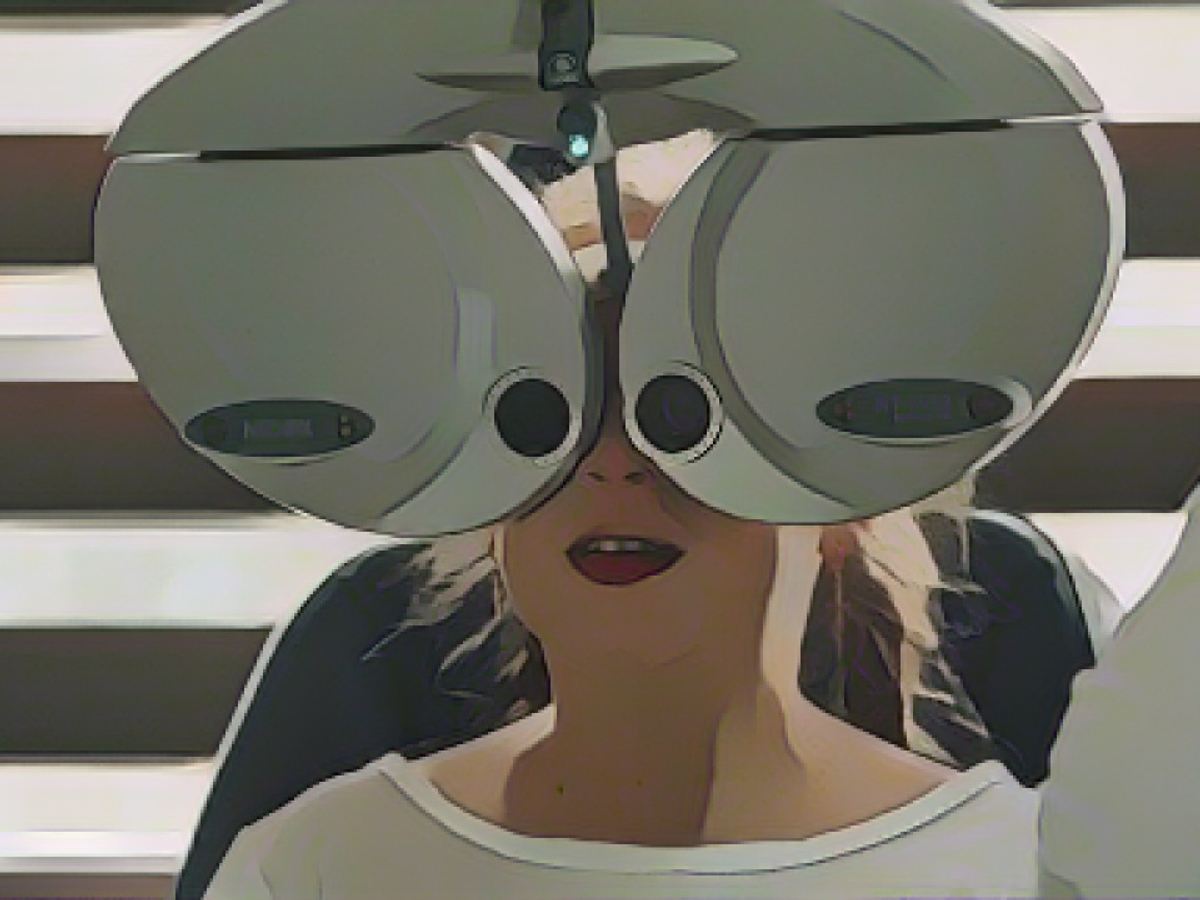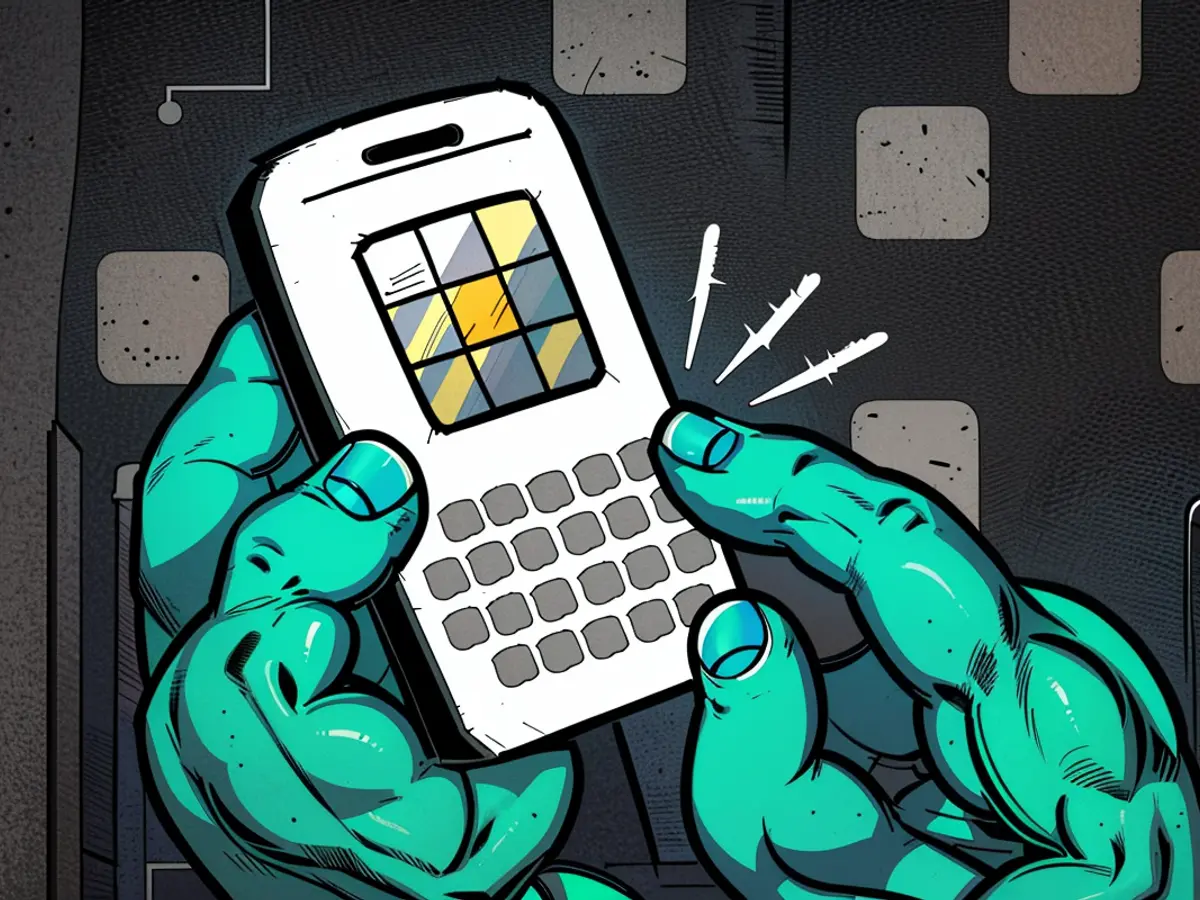School entrance examination
In Germany, many children start school when they are 6 or 7 years old. When exactly a child starts school is often decided by the parents. This decision is sometimes not easy to make. That's why pediatricians support parents in their decision. They examine the children and see whether the child is ready for school or whether they should wait another year. This examination is called the "school entry examination". It is free of charge and compulsory for all children in Germany who are about to start school. You can find more information about starting school here.
What do I need to know?
What is the school entry examination?
All children in Germany have to have an initial school check-up before they start school. This is a law in Germany. This ensures that your child is ready for school. If you do not attend the school entrance examination, the health department will report this to the youth welfare office. If you are unable to attend the appointment, please contact the public health department in advance and make a new appointment. You will receive the invitation to the school entrance examination by post. You can find out more in the section "When and where does the school entry check-up take place?".
The examination is carried out by pediatricians from the public health department. They are also called school doctors. These are doctors who are specifically responsible for school children. They are supported by pediatric nurses. During the examination, the doctors check whether your child is healthy, how your child has developed physically and how it behaves towards other people. The doctors test, for example, whether your child can hear and see well, whether they can separate from their parents for a certain period of time or how they handle scissors and pencils. At the end, the doctors will discuss the results of the tests with you and give you a certificate. You will need this certificate to enrol your child at school.
Please note: The school entry examination does not replace the U9 screening examination. You must take your child to both examinations.
What exactly does the school entry examination involve?
The exact procedure for the school entry examination depends on your local authority or town. This is because they organize the school entrance examination.
As a rule, the school entry examination consists of two parts.
In the first part, the doctors look at your child's vaccination card and health booklet ("the yellow booklet"). The doctors use these to check whether your child has had all the necessary vaccinations and check-ups. The doctors will also check your child's weight and height. They will test whether your child can hear and see well enough to follow lessons at school. If the doctors find that your child has problems with this, they may prescribe glasses or a hearing aid for your child. The doctors will also check your child's mental and motor development. They will examine the following:
- Social and emotional development: The doctors will observe, for example, how well your child can concentrate, how they react to strangers and familiar people, whether they are curious about school and how good their self-confidence is.
- Physical and motor development: Doctors observe, for example, whether your child can imitate movements and whether they can handle a pencil or scissors.
- Development of thinking (cognitive skills): Here, the doctors observe, for example, whether your child speaks German well enough, whether they can distinguish colors and shapes, whether they can write their name and whether they know how old they are. The doctors will also check whether your child can remember things and figure out connections.
The second part of the examination is called the "school medical examination". This part does not always take place. The second part takes place in the following cases:
- You have missed the U9 check-up.
- There were abnormalities at the U9 check-up.
- Your child has not attended daycare.
- You are not sure whether your child should start school.
During this examination, the doctors check how your child has generally developed physically and mentally. The examination is similar to the U8 and U9 screenings.
What happens after the school entry check-up?
At the end of the school entry screening, the doctors will discuss the results of the tests with you. It doesn't matter whether your child has only done the first part or both parts of the school entry screening. If there are any abnormalities, the doctors will recommend support options in your area. You can find out what these might be in the section "My child is not yet ready for school. Where can I find support options?".
You will also receive confirmation that your child has taken part in the school entry check-up. Keep this document in a safe place. You will need it to register your child at school. You can find out more about school enrollment in our chapter "School enrollment". The doctors will send the results of the examination to your child's future school. However, they will only send general information about your child, for example, whether they need support in a particular area. You will be informed of any information that is shared with the school. The school will only receive the information if you agree.
Important: Every child is different and has different requirements for starting school. The school entry check-up ensures that your child is well prepared for school. If your child still needs support, this is not a problem. The result also often depends on how your child is feeling on the day of the examination. For example, if they are tired, ill or upset, this can affect the result.
From what age is the school entry examination?
As a rule, the school entry examination takes place one year before your child starts school. This means when your child is about 5 years old. However, your child can take part in the school entry check-up even before this. Participation is possible up to two years before your child starts school.
When and where does the school entry examination take place?
As a rule, you will receive a written invitation from the public health department for the school entrance examination. However, you can also receive an invitation from your daycare center or future school. The letter will state the exact date and the address where the examination will take place. In addition to the invitation, some authorities also send a questionnaire. The questionnaire usually contains questions about your child's health and development. For example, what illnesses your child has had or when he or she was able to walk. You can find out more about the questionnaire in the section "What do I need to bring to the school entrance examination?".
When your child receives an invitation depends on the cut-off date in your federal state. The cut-off date is the day on which your child must have reached a certain age to be allowed to start school the following year. If your child was born before or on this cut-off date, he or she may start school in the coming school year. However, the cut-off date is different in each federal state. You can find out when the cut-off date is in your federal state on the website of the Bildungsserver in German. All federal states are listed there with their current rules.
I have not received an invitation to the school entrance examination. Where can I register?
If you have not received an invitation to a school entrance examination, please contact the public health department where you live. You can find your local health authority on the Robert Koch Institute website, for example. To do this, enter the name of your place of residence or your zip code in the search box. You will then receive the address, telephone number and e-mail address of your local health authority.
What do I do if my child has a disability or illness?
Even if your child has a disability or chronic illness, your child will take part in the school entry examination. During the examination, the doctors will check what special needs your child has and which school is best suited for your child. In Germany, all children, regardless of whether they have a disability or not, are allowed to attend the same school. If you do not want this, your child can go to a so-called special school. A special school can take better account of your child's special needs. For example, pupils there learn the subject matter at a slightly slower pace and with more support from specially trained teachers.
You can ask the doctors about suitable schools or offers in your area during the examination. If you have already found a suitable school, you can also discuss this with the doctors. If you are still unsure, talk about this during the examination.
You can also get support from the school management, the school you have chosen or the inclusion office at your local education authority. You can find the inclusion office on the Internet. Enter the keywords "Inklusion" and "Schulamt" and the name of your place of residence in Google or another search engine. You can also get advice from the Youth Migration Service or the parents' hotline. The staff speak many languages. Advice is free of charge.
You can find out more about disabilities in our chapter "People with disabilities".
How do I register my child for a school examination?
Once you have received the invitation, you must arrange a specific date, i.e. the exact day and time when your child will be examined. You can find out exactly how to register in the invitation from the health department. Some local authorities require you to make an appointment by telephone. With others, you can also register online. If you are not sure how to make an appointment, call your local health authority. You will find the telephone number in the invitation to the school examination. On the website of the Robert Koch Institute, you can search for your local health authority in German. To do this, enter the name of your place of residence or your zip code in the search box. You will then receive the address, telephone number and e-mail address of your health authority.
If you need support, the staff at the Youth Migration Service or the parents' hotline can help you. They speak many languages. The help is free of charge.
What do I need to bring to the school entry check-up?
You must bring these documents with you to the school entrance examination:
- Your child's vaccination card
- Your child's health booklet ("the yellow booklet")
If there was a questionnaire in your invitation, you should fill it out and bring it with you. If you have any questions about the questionnaire, you can ask the doctors directly at the school check-up. If you do not understand a question, you can also contact an advice center. You can find out where to find an advice center in the section "Where can I find advice and support?".
It is important that at least one parent or someone who knows the child very well is present at the school entry check-up. This is because the doctors will ask you questions about your child's development during the examination. After the examination, they will also discuss with you whether your child is ready for school.
My child is not yet ready for school. Where can I find support for my child?
Not all children develop at the same rate. In Germany, however, there are many ways in which you can support your child. The specific options available depend on where you live and the type of support your child needs.
- If your child has problems with certain movements, for example, occupational therapy can help. Specially trained therapists will help your child to learn certain movements in everyday life. This could be, for example, using scissors and a pencil.
- If your child stutters or has other speech problems, speech therapists can help. These are therapists with special training in speech and language problems.
Please note: You need a referral from a doctor for this type of help. Otherwise you will have to pay for the treatment yourself. Talk to a general practitioner about whether your child needs this help. You can search for doctors in your area who speak your language at bundesaerztekammer.de. You can find more information on how to get a referral from a doctor in our chapter "Healthcare for refugees".
Important: If your child is not a member of a health insurance fund and does not have an electronic health card, it may be difficult to get a referral. In this case, it is best to seek advice. You can find help, for example, from the Refugee Council in your federal state.
My child can't speak German very well yet. What can I do?
If your child does not yet speak German very well, you can read stories to your child, for example. At stiftung-lesen.de you will find tips for reading aloud to children from the age of 3 in many languages. On Projekt Bilingual Picture Book you will find various bilingual picture books. In some federal states, there are also special support programs in daycare centers. You can find out more about this in our chapter "Starting school" in the section "My child can't speak German yet. Can it start school?".
In our "School" chapter, you will find the section "My child has special educational needs. What can I do?" for further advice. You can also ask your child's daycare center or future school for further support services in your area. You can also often find offers at the youth welfare office in your area. You can find the youth welfare office responsible for you at jugendaemter.com.
Can I bring interpreters to the school entry check-up? And are these costs covered?
Yes, you can take interpreters with you to an initial school check-up. However, discuss with your child beforehand whether he or she would like this and possibly choose a person together.
If you do not know anyone personally who can translate for you, the Youth Migration Service may be able to help you. They can also tell you whether you have to pay for interpreters yourself. You can also ask the parents' hotline for contacts to interpreters in your language.
Where can I find advice and support?
Parents can find advice and support at the Youth Migration Service and the parents' hotline. The staff speak different languages. The help is free of charge.
You can find other advice centers in your area in German on the website of the Bundeskonferenz für Erziehungsfragen e.V.. You can also search there for services in your language.
If you have questions about specific family and children's issues, you can find suitable counseling centers in German on the website of the Deutsche Arbeitsgemeinschaft für Jugend- und Eheberatung e.V. (German Association for Youth and Marriage Counseling ). To do this, enter the name of your place of residence or your zip code in the middle field and select the topic from the drop-down menu on the left. You will then receive a list of possible counseling centers in your area.
Important
When a child starts school, it can also mean stress for parents and siblings. On the website of the Bundeskonferenz für Erziehungsberatung e.V. you can search for counseling centers in your area in German. There you can also find counselors who speak your language.
Source: handbookgermany.de








